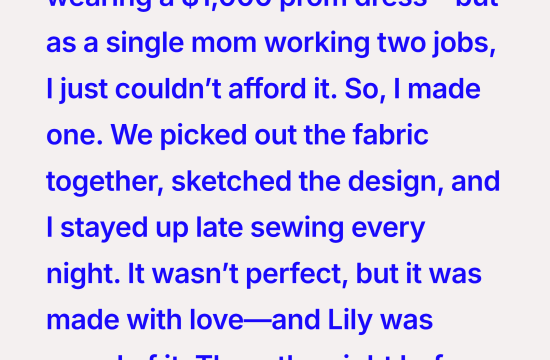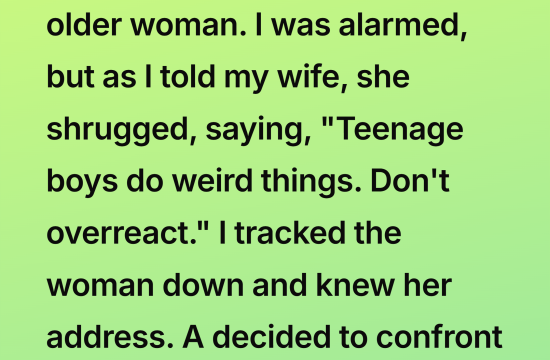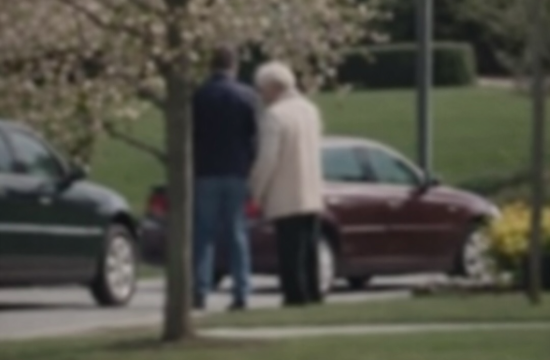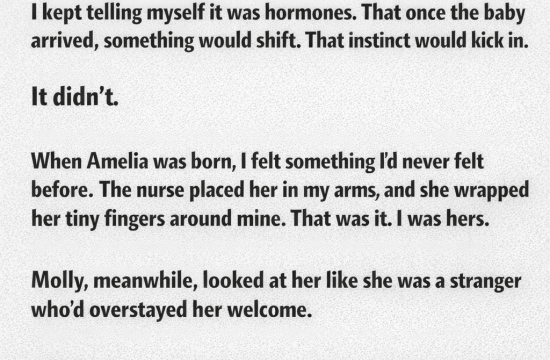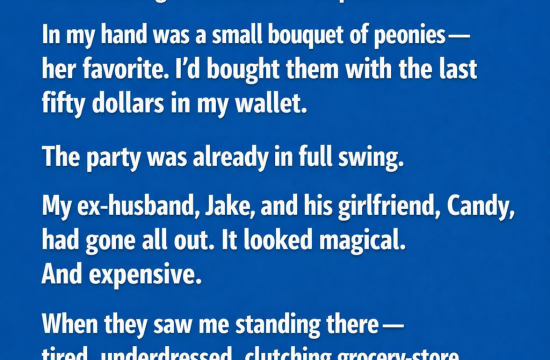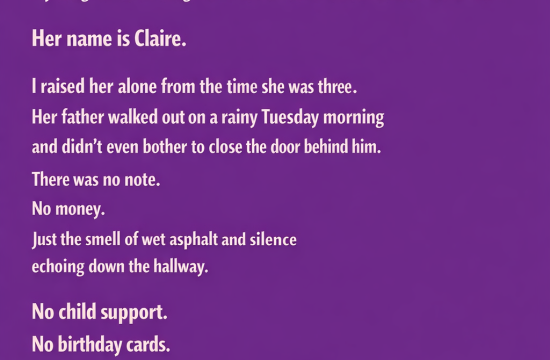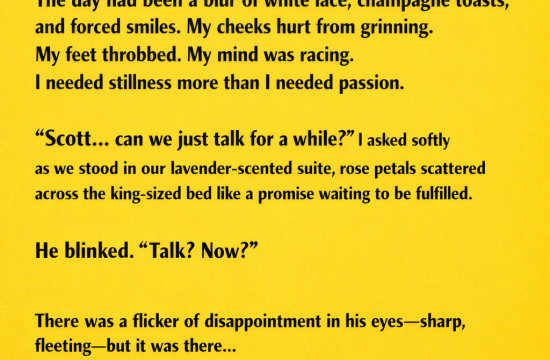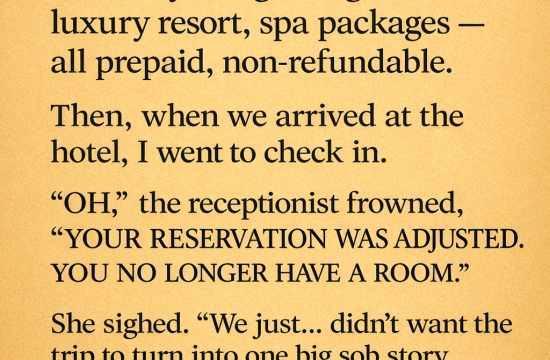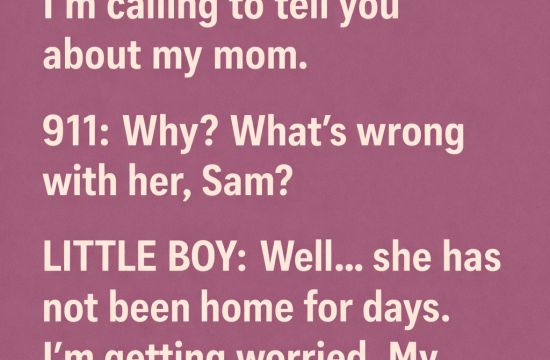When my mom fell gravely ill with pneumonia, I dropped everything—broke my lease, left my job, and moved back in to care for her around the clock. For six months, I cooked her meals, managed her medications, and slept in a chair next to her bed. I did it without hesitation—because that’s what you do when someone you love needs you.
But when she finally recovered, standing on steadier legs and breathing easier, she looked me in the eye and said, “You’ve been living here for free. You should contribute something for the rent and food.”
My heart sank.
What she didn’t know—what I never told her—was that three months into her illness, I had quietly sold my car to stop the foreclosure notice she never knew had arrived. I used every penny to catch up on the mortgage payments, to make sure the home she’d worked a lifetime for wouldn’t be taken away while she lay unconscious in the hospital.
I didn’t say anything then because she didn’t need another burden. She just needed to heal.
When I finally told her the truth, I watched her face collapse into silent tears. Shock, disbelief, and finally—relief. She reached for my hand and held it tightly, whispering, “I didn’t know. I thought you were taking advantage. I’m so sorry.”
Fear has a way of twisting even the deepest bonds. She thought I’d been using her. I thought staying silent would spare her pain. We were both wrong in different ways.
Now, weeks later, she’s back at work part-time. I’ve replaced my car with a dented old sedan that runs just fine. And we’re learning how to talk again—how to be honest, grateful, and kinder to each other.
Sometimes the greatest gift you can give isn’t just sacrifice—it’s the grace to forgive and rebuild what fear nearly broke.


